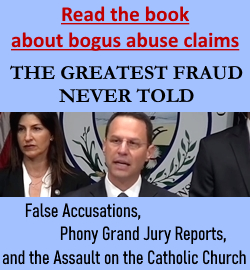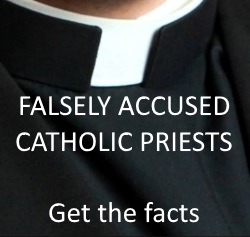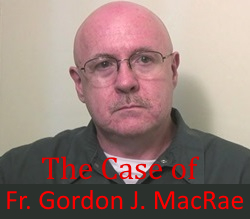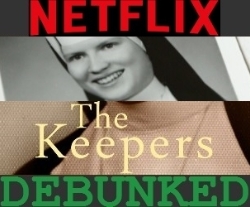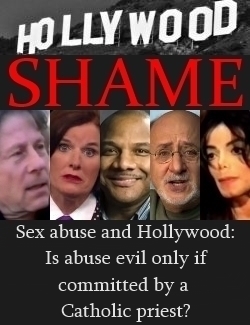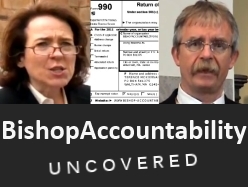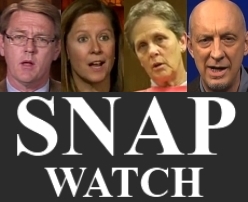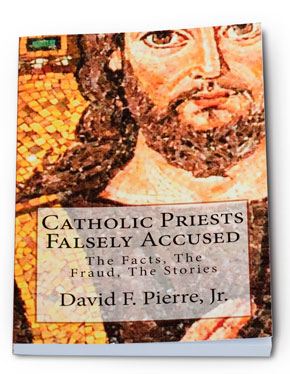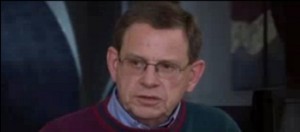
Catholic Church basher, Media favorite:
Rev. Thomas P. Doyle, O.P.
Doyle's remark is notable and surprising because it flies in the face of the oft-heard claims from critics of the Church that Catholic leaders "always should have known" that abusive priests were unfit for ministry of any kind.
According to the AP, Doyle "reversed himself in about 1985, after becoming convinced the recidivism rate was too high for predators, and the risk to children too great."
Since that time, Doyle has also become known as a vocal dissenter of Church teaching, an ally of contingency lawyers, and a close cohort of the anti-Catholic advocacy group SNAP (Survivors Network of those Abused by Priests).
Circa 1985: A time of change
Doyle was actually correct in 1985 when he learned that "the recidivism rate was too high for predators, and the risk to children too great," yet he understood this at almost the exact same time the psychological community was understanding this as well!
Dr. Monica Applewhite, an expert in child abuse prevention, has said:
"[T]he science of human sexuality and sexual offending is extraordinarily young. Virtually all of the information we utilize today regarding the treatment and supervision of sexual offenders has been discovered since 1985."
The harm to victims of clergy abuse is immeasurable and the betrayal of trust by clergy is abominable. Yet the vast majority of clergy abuse in the Catholic Church occurred between the 1960s and the early 1980s, a period in which the prevailing view of experts was that offenders could be successfully rehabilitated.
And as L. Martin Nussbaum has noted:
"No one would hold a brain surgeon to today's standard of care for professional decisions he made in 1970. Yet the decisions made in 1970 by Catholic bishops, who routinely consulted with mental health professionals about sick priests, are being judged by today's standards. Today, the confidence of the mental health community about the likelihood of curing sexual disorders is far less than it was in 1970."
A call for better journalism
Doyle's surprising remark also reveals the fact that the element of historical context has been sorely missing from the media's ongoing coverage of the Catholic Church abuse narrative.
Tragically, the issues of child abuse and child prevention were not always addressed with the same urgency that is witnessed today.
It would be nice to see someone in the major media step up and address this important aspect.
